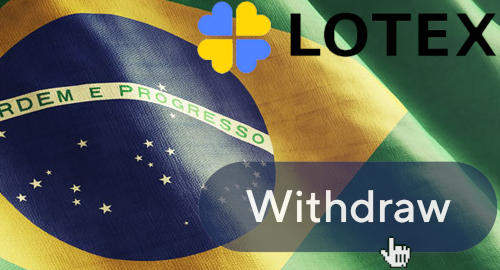 Brazil’s instant lottery privatization has run aground after the International Game Technology–Scientific Games consortium said it’s backing out of the process.
Brazil’s instant lottery privatization has run aground after the International Game Technology–Scientific Games consortium said it’s backing out of the process.
Last year, IGT and Sci-Games teamed up on a joint bid for Brazil’s Exclusive Instant Lottery (LOTEX) concession. It definitely helped that this Estrela Instantânea consortium was the only bidder and Brazil’s previous privatization efforts proved to be a harder sell than the government envisioned.
On Tuesday, the consortium announced that it would “withdraw from the process and re-evaluate the business case of implementing a lottery operations model in Brazil.” The consortium left open the possibility that it might “explore the possibility of re-engaging in the process,” but it wants certain government assurances first.
For one thing, the consortium wants the government to lean on CAIXA Economica, which operates Brazil’s largest retail lottery network involving some 13k points of sale.
It took seven months of “diligent discussions” but the consortium says it finally negotiated a signed distribution agreement with CAIXA, only to see CAIXA fail to authorize its execution by the deadline of September 21, despite agreement on the final wording having been reached two months’ prior.
The consortium said it had “repeatedly” warned the government that it was “critical” to have this distribution agreement if the LOTEX deal was going to fly. The consortium added that it could return to the table if the government were to consider an extension to the stipulated deadline.
However, the consortium noted that another wrinkle emerged last week, when Brazil’s Supreme Court ruled that the federal government’s lottery monopoly was unconstitutional and there was nothing preventing individual state governments from launching their own lottery products within their respective borders.
The consortium didn’t state how it expected the government to respond to this ruling, but given that the monopoly was undoubtedly a major selling point for the LOTEX concession, the consortium is likely seeking some reduction in its financial commitments for this recently degraded product.
Under the consortium’s guidance, the LOTEX product was expected to generate sales of BRL15b (US$2.7b) over five years, with the government entitled to a 16.7% cut of this bounty.





